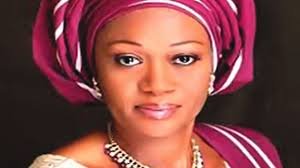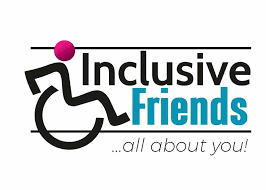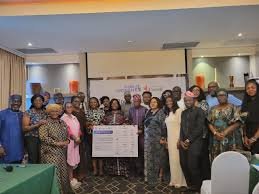The United Nations Women Regional Director for UN Women Central and West Africa, Maxime Hounato, stated on Friday that gender inequality is debilitating the nation’s economy.
He pointed out that according to gender-based violence records, violence against women accounts for 90%, while other cases make up the remaining 10%.
Hounato disclosed this in Abuja during a press briefing on his visit to Nigeria, where he discussed a new phase of UN Women’s work in Nigeria and the advancement of gender equality and women’s empowerment.
He called on the Nigerian government to allocate a specific percentage of the national budget and development funds to interventions addressing gender disparity in Nigeria.
He stated, “The gender-based violence and gender inequality, which were previously confined to the social sector and humanitarian concerns, have now infiltrated the economic sector. We recognize that gender inequality is hampering the economy.
“Women play a crucial role in building human capital through education, health, and sanitation. The suffering of women has a detrimental impact on the development of this human capital, which is central to productivity and economic growth.
“We are pleased that both the government and the private sector have acknowledged the importance of women in wealth creation. Gender inequality is no longer solely a women’s issue; it is now an issue concerning men and the nation.
This realization has brought a significant amount of energy and involvement from actors who were previously insensitive to gender considerations.”
Hounato applauded women in business for realizing that to succeed in the challenging Nigerian business environment, women need to be professional and collaborative.
He also noted that political parties have started investing in the political education of women, recognizing the importance of women’s votes in the assembly.
“Previously, when there were only two or three women, they did not pay much attention to women’s issues, and women’s votes were cast without much concern. However, as women now constitute 30% to 40% of the assembly, political parties are actively seeking their support,” he added.
In her remarks, UN Women Representative to Nigeria, Beatrice Eyong, emphasized the need to mainstream gender considerations into macroeconomic and fiscal policies at the macro level.
Eyong suggested that there should be legislation and policies mandating that a minimum percentage of all public contracts be awarded to women-owned businesses.
Hounato, while commending the government, said, “I am pleased to see the government’s commitment to this objective. As the UN, we are happy to support the Nigerian government in achieving this because the current gender-related statistics in Nigeria are not favorable.
“Nigeria has been a leader in various areas in Africa, and we want Nigeria to continue leading in political participation and the involvement of women in leadership roles.

























